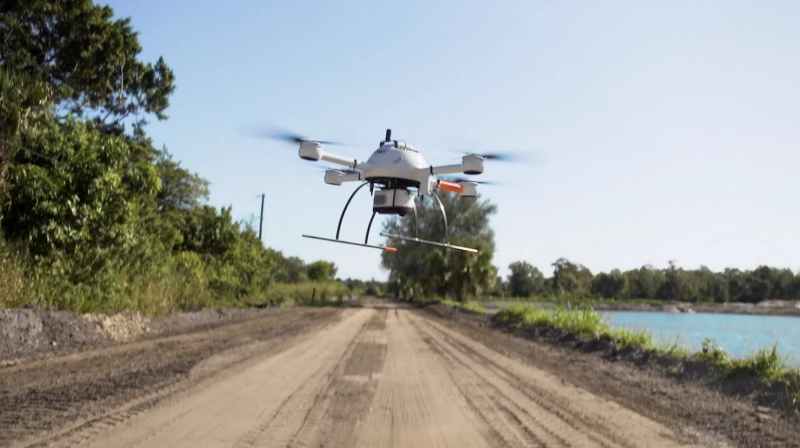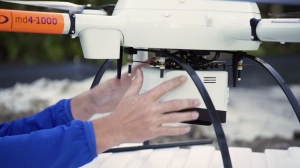Latest

Retail Energy Companies Don’t Need a New Billing Platform, They Need a Better Strategy
Retail energy companies are experiencing real pain with their billing systems — but the system itself isn’t always the root cause. Mollie Gaby, Principal at CG Infinity, believes many organizations underestimate how much performance depends on collaboration between technical teams and the business. When developers truly understand retail energy operations and work closely with internal…

When Your Team Becomes the Bottleneck
In a candid take on organizational blind spots, Mollie Gaby, Principal at CG Infinity, highlights a hard truth many leaders avoid: sometimes your biggest pain point isn’t your technology or your strategy — it’s your staff. A common red flag is resistance to change. When team members are unwilling to explore new tools, automate…

Diagnosing Your Capital Asset Health: Why Asset Visibility Is the New Financial Imperative in Healthcare
Hospitals and surgery centers own millions of dollars in equipment — but owning assets and having actionable visibility into them are two different things. Most systems maintain inventories, yet many struggle with outdated records, fragmented tracking, and limited insight into useful life or service contracts. With nearly half of U.S. hospitals reporting negative operating…

From Public Accounting to CFO: The Leadership Wake-Up Call
The CFO seat is being rewritten in real time. Today’s finance leaders are expected to drive growth, lead enterprise-wide systems transformations, and shape AI strategy—while still keeping the close, controls, and capital story airtight. Gartner reports that 59% of finance leaders are already using AI in the finance function, underscoring how rapidly the role is…




